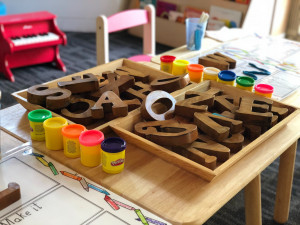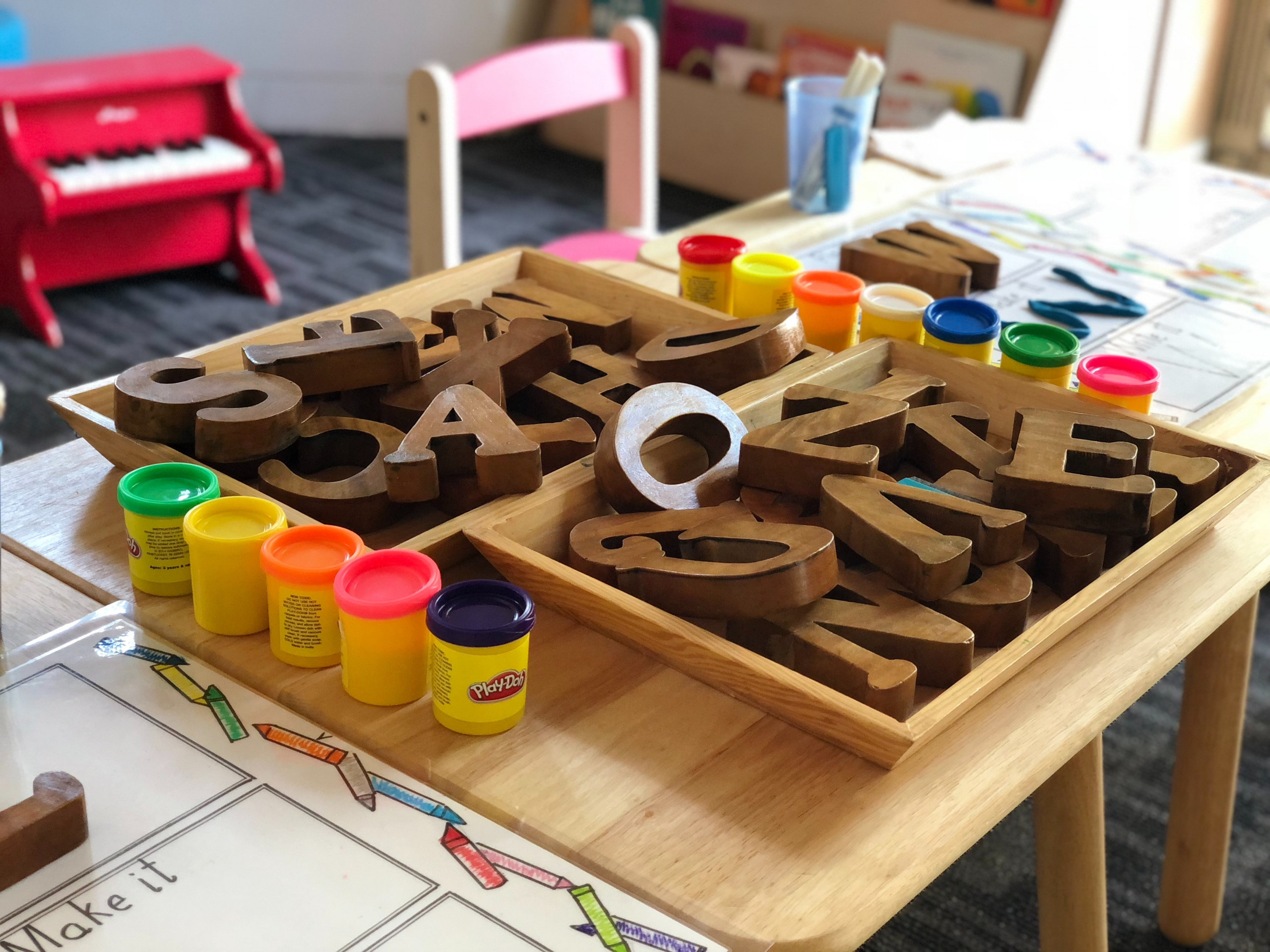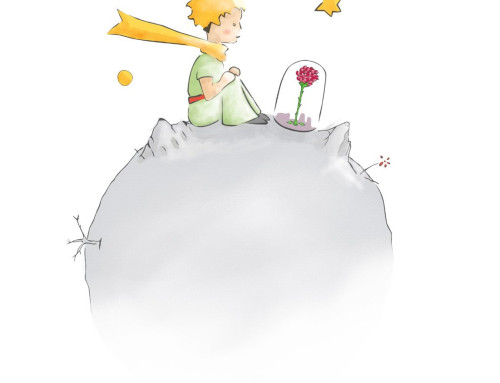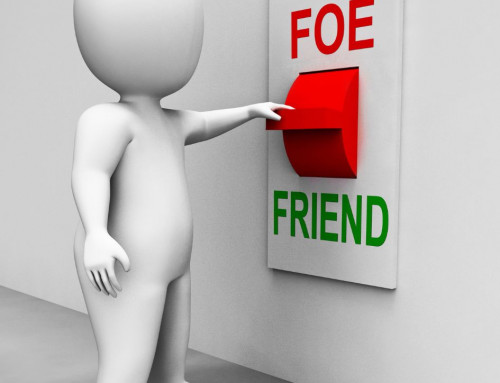The best age for kids to learn a foreign language
Discover the Best Age for Kids to Learn a Foreign Language
Learning a foreign language opens doors to new cultures and creates fresh opportunities. It’s the gift that keeps on giving. Most experts will tell you that the sooner kids start learning a foreign language the better.
When we’re babies, we have a better ear for different kinds of sounds. As toddlers, we’re able to pick up native accents with incredible speed and accuracy.
Read on to find why there are more benefits to learning French or Spanish than just being able to speak another language.

Key Benefits For Kids Who Learn a Foreign Language Early
Research carried out by Harvard University shone a light on the benefits of learning a second language from a very early age. It found there was a great improvement in critical thinking skills, creativity and flexibility of the mind.
Some studies show that the younger the learner, the better they are at recreating new sounds and adopting pronunciations. Experts agree that if you want your child to sound like a true Parisian, for example, you should expose them to the sound of French from when they’re toddlers.
Children around the age of 4 are able to learn through play. Their brains have not become overwhelmed yet by the information that they need to store and assess. They can pick up a new language without even realising that they’re doing it.
All Set Up for Later Life
Learning a second language such as French and Spanish when we’re kids has other hidden benefits. These include:
- Broadening our career options
- Improving memory and brain function
- Increasing our understanding of languages already spoken
- An ability to carry out tasks that require a shift in attention
Research shows that children who learn two languages in one go achieve a higher degree of competence. That’s compared with those who only learn a second language once they have mastered their mother tongue.
How Learning Changes as We Develop
Studies show that older children outperform younger children in terms of linguistic progress. Their cognitive maturity helps them to get more out of explicit instruction. Younger children learn more by ‘doing’ rather than through conscious learning.
Research in the UK looked at more than 15,000 British children who learned French at school. It found that kids who began learning at the age of 11 outperformed those who had started at 8 years of age in second language proficiency tests.
That’s not to say we should wait to learn a language, but as we get older we learn in different ways. After our teens, the brain alters and makes it more challenging for us to learn a foreign language. We won’t pick up a new language in the same way kids do.
That’s because the mechanisms that help with language learning are different compared to those we use at ages 2 to 5. However, although many experts encourage learning a new language as early in life as possible, it’s never too late.
Kids Benefit From Learning Foreign Languages Like French & Spanish
When kids learn a foreign language like French or Spanish from an early age, they’re more likely to sound like a native speaker. As they grow older they can go on to achieve greater linguistic expertise.
If you or your kids are looking to improve your French language skills, get in touch with us now.






